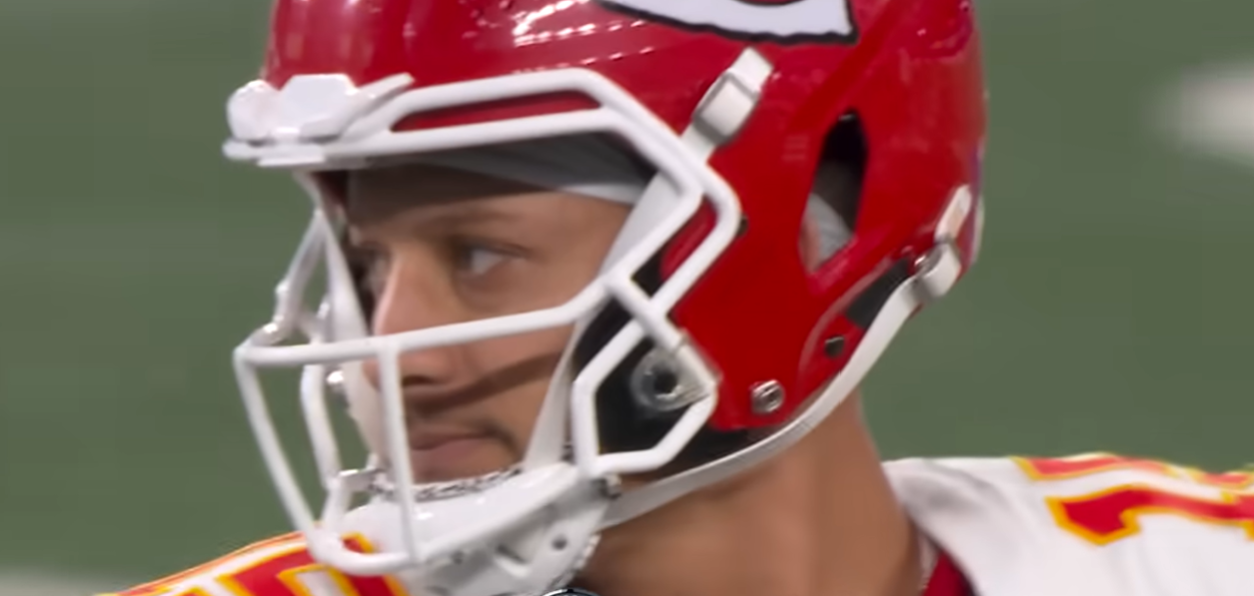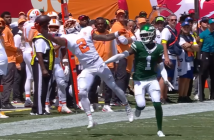
One of the most intriguing quirks of the NFL schedule is the bye week. Each team gets a week off during the season, usually between Weeks 5 and 14, giving players a chance to recover physically and coaches extra time to prepare. For fans, it’s often a welcome reset; for bettors, it’s a unique variable to consider. But the question remains: do NFL teams really perform better after rest, and can savvy bettors use bye weeks to gain an edge?
The Logic Behind the Bye Week Advantage
On the surface, it makes sense to assume that teams returning from a bye should perform better. More rest means healthier players, and more preparation time means sharper game plans. Coaches often talk about self-scouting during the bye, identifying weaknesses in their own schemes and making adjustments for the second half of the season.
Additionally, a bye week can help players recover from nagging injuries. In such a physically demanding sport, even a few extra days of rest can make a measurable difference in performance. Quarterbacks may regain arm strength, offensive lines may benefit from extra healing, and defenses can reset after tough stretches.
This theory sounds solid, but the numbers tell a more nuanced story.
Historical Trends After the Bye
Over the past two decades, NFL teams have generally performed slightly better after a bye week. Against the spread (ATS), the advantage is modest, with teams winning about 52–53% of the time following a bye. Straight-up (SU), teams tend to win at a slightly higher clip compared to their season averages.
The edge isn’t uniform, though. Certain coaches historically excel after the bye. Andy Reid, for example, has been famous for his record coming off bye weeks, both in the regular season and the playoffs. Bettors have long looked for these coaching trends when evaluating post-bye matchups. Conversely, some teams show little to no improvement, suggesting that the benefit of extra rest and prep varies by organization.
Road vs. Home After the Bye
Another key factor is location. Teams playing at home after a bye often enjoy a stronger advantage, combining rest with reduced travel. Meanwhile, teams forced to go on the road after a week off don’t always see the same level of improvement.
This distinction matters for bettors because sportsbooks factor in bye weeks when setting lines, but they may not fully adjust for the home/road dynamic. Savvy bettors can identify spots where the public overvalues rest but undervalues travel impact.
Impact on Totals and Scoring
Bye weeks can also influence game totals. Offenses may benefit from extra preparation time, leading to sharper execution and higher scores. On the other hand, defenses also have the chance to study opponents in more detail. Historical data shows mixed results, with some seasons favoring overs and others unders in post-bye games.
The lesson for bettors: don’t assume one blanket trend. Instead, analyze the matchup, coaching tendencies, and recent form. A high-powered offense facing a weak defense may take advantage of extra preparation, while two defensive-minded teams could use the rest to tighten their schemes and limit scoring.
Coaching and Player Variables
Coaching quality may be the single most important variable in post-bye performance. Experienced coaches with strong track records in game planning tend to make the most of the extra week. Andy Reid, Bill Belichick, and John Harbaugh are prime examples.
Players also matter. Veteran quarterbacks often benefit significantly from the rest, especially later in the season when fatigue becomes an issue. Meanwhile, young teams with less experienced rosters may not leverage the bye as effectively. Bettors who look at these team-specific variables stand a better chance of predicting outcomes than those who rely on broad trends.
Betting Strategies for Bye Weeks
So how can bettors make the most of bye week analysis?
First, research coaching trends. A coach with a strong record after byes is worth factoring into your decision-making. Second, consider injury reports. Teams with key players returning from injury after a bye may be undervalued by the market. Third, look at matchups in detail. Extra prep time might not matter much against an overmatched opponent but could tilt the balance in a close divisional game.
Finally, don’t overvalue the bye. While rest and preparation do help, sportsbooks are well aware of this factor and typically bake it into the line. The edge lies in spotting when the public perception of the bye week is exaggerated and capitalizing on the mismatch.
Using NFL Betting Sites for Bye Week Wagers
For those ready to put these insights into action, choosing the right sportsbook is just as important as the analysis itself. Odds can vary between operators, and maximizing value requires access to competitive lines and promotions. If you’re exploring your options, you can find a list of trusted NFL betting sites where experts compare platforms, bonuses, and odds to help bettors make informed choices.


